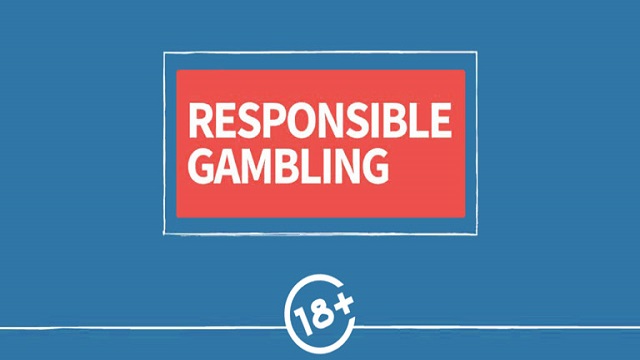How old do you have to be to play bingo – In the realm of online gaming, questions regarding age requirements are common, particularly concerning games like bingo and online slots. Understanding the age restrictions for these games is crucial for both players and operators. In this article, we delve into the age regulations surrounding bingo and online slots, exploring the legalities, reasons behind the restrictions, and how they vary across different jurisdictions.
Understanding Age Restrictions
How old do you have to be to play bingo? is a frequently asked question, reflecting the importance of age regulations in gaming. The answer varies depending on location, as different countries and regions impose distinct age requirements.
Generally, the minimum age to play bingo in most jurisdictions is 18 years old. However, some areas may set the age limit at 21. It’s imperative for players to verify the legal age in their specific location before engaging in bingo games, whether online or in physical venues.
Similarly, online slots also come with age restrictions. The minimum age to play online slots typically aligns with the legal gambling age for the respective jurisdiction, usually ranging from 18 to 21 years old. This ensures that players are of legal age to participate in gambling activities, promoting responsible gaming practices.

Reasons Behind Age Restrictions
The establishment of age restrictions for bingo and online slots serves multiple purposes, primarily focusing on player protection and regulatory compliance. Here are some reasons behind these age limitations:
1. Protection of Minors: One of the primary motives behind age restrictions is to shield minors from the potential harms associated with gambling. Young individuals may lack the maturity and understanding to make informed decisions regarding gambling activities, making them vulnerable to addiction and financial loss. By setting age limits, regulatory bodies aim to prevent underage individuals from accessing gambling platforms.
2. Compliance with Regulations: Age restrictions ensure compliance with gambling laws and regulations established by governmental authorities. These regulations are designed to maintain integrity within the gambling industry, prevent illegal gambling practices, and uphold societal values regarding gambling activities. Operators must adhere to these regulations to maintain their licenses and operate legally.
3. Responsible Gaming Promotion: Age restrictions serve as a component of responsible gaming initiatives, encouraging players to engage in gambling activities responsibly. By restricting access to individuals above a certain age threshold, operators promote a safer gambling environment, emphasizing the importance of responsible behavior and mitigating the risk of gambling-related harm.
Variations in Age Requirements
While the minimum age for playing bingo and online slots generally falls within the range of 18 to 21 years old, there are variations across different jurisdictions. For instance, in the United Kingdom, the legal gambling age, including for bingo and online slots, is 18 years old. Conversely, in some U.S. states, such as Florida and Alaska, the minimum age for gambling activities, including bingo and slots, is 21 years old.
It’s essential for players to familiarize themselves with the age requirements specific to their location to avoid legal consequences and ensure compliance with regulations. Additionally, online gaming platforms typically incorporate age verification measures during the registration process to confirm the player’s eligibility based on their jurisdiction’s age regulations.
Impact of Age Restrictions on the Industry
Age restrictions significantly influence the dynamics of the gambling industry, shaping player demographics, regulatory practices, and marketing strategies. These restrictions dictate the target audience for gaming operators, guiding their efforts to attract and retain players within the legal age bracket.
From a regulatory standpoint, age restrictions necessitate robust age verification mechanisms to prevent underage access to gambling platforms. Operators implement stringent verification processes, such as document verification and identity checks, to authenticate the age and identity of players effectively.
Moreover, age restrictions impact marketing strategies employed by gaming operators. Advertising campaigns and promotional offers are tailored to appeal to the legal age demographic, ensuring compliance with regulations and ethical marketing practices. Operators must exercise caution to avoid targeting underage individuals or promoting gambling as a means of financial gain.
Conclusion
In conclusion, age restrictions play a crucial role in regulating gambling activities, including bingo and online slots. These restrictions aim to protect minors, promote responsible gaming practices, and ensure compliance with legal regulations. If your preference in gambling leans towards dice games, joining an dadu online site is an option.
While the minimum age for playing bingo and online slots varies across jurisdictions, it’s essential for players to adhere to their local age requirements and engage in gambling activities responsibly. By understanding and respecting age restrictions, players contribute to fostering a safer and more sustainable gambling environment.
Also Read: Unlocking the Excitement: What Casinos Can You Gamble at 18?









